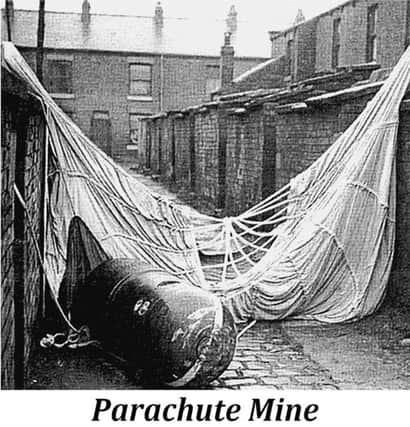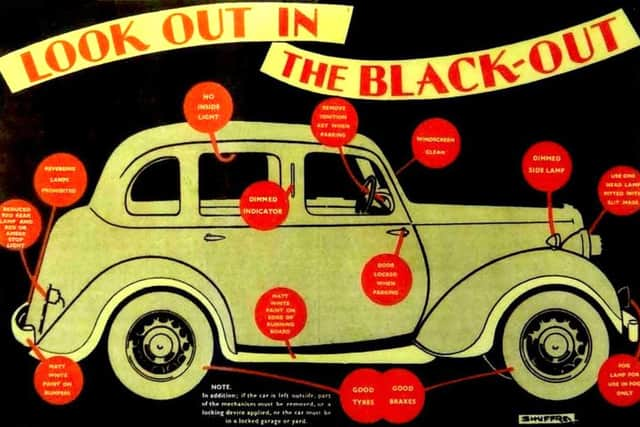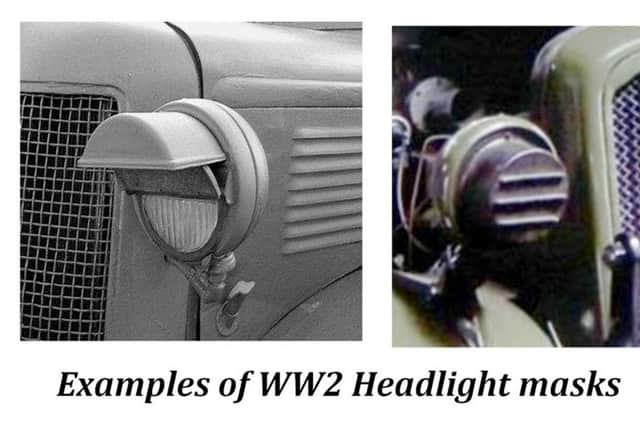Dad's Army-style fun and games during the war in Portsmouth


He says they could well have been scenes straight from the classic TV sitcom.
Eddy recalls: ‘There was the occasion on a summer’s evening when 18-year-old Home Guard member Joey, who lived next door to us in Washbrook Road, Wymering, scared the neighbours silly by firing a sten gun from his bedroom window at a parliament of rooks which were gleaning around freshly cut stooks of corn in the field at the bottom of our back garden.
Advertisement
Hide AdAdvertisement
Hide Ad‘On another occasion a soldier called one morning to warn everybody there was an unexploded bomb in the field and that after a one-minute warning siren they would detonate it at 3pm precisely. ‘


Eddy says residents were told to open all windows and doors before 3pm and when the warning sounded to sit down and hold their mouths open.
He adds: ‘At 3pm came a huge bang which shook the house followed by a loud crack as grandad’s best pipe fell from the mantleshelf and snapped on the hearth. Hitler had made another enemy.’
Finally, he remembers when his family and the bombed-out family of a mother and two teenage daughters who were lodging with the Ameys were in the Anderson shelter in the back garden during a raid on Portsmouth.
Advertisement
Hide AdAdvertisement
Hide Ad‘A male voice was heard at the shelter entrance asking for a Doreen Burgess. This was the eldest daughter’s soldier boyfriend who had an Army lorry parked out front and offered to take us all over Portsdown hill and wait there until dawn.


‘The commotion as the seven of us climbed out of the shelter alerted the next door neighbours who also elected to come. The lorry moved off with about 20 people sitting in the back under the canvas top. After a difficult drive in the blackout we eventually stopped in Hambledon Road,Waterlooville, and the adults spent the rest of the night in conversation.
‘At dawn a person came running up to tell the driver we were parked within 100 yards of an unexploded parachute mine which had fallen that night. Sometimes I think I can still hear the lorry tyres as we reversed at high speed.’
As a footnote, Eddy says driving in the blackout with no street lights and the vehicle’s lights virtually blanked out caused a huge toll on British roads with nearly 18,000 killed in 1940/41.
‘It was said the Luftwaffe was killing 200 Britons a week without the need to take off,’